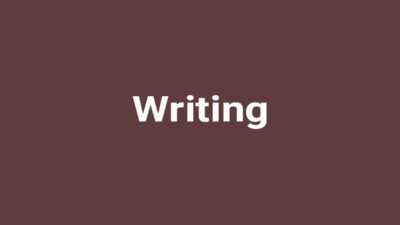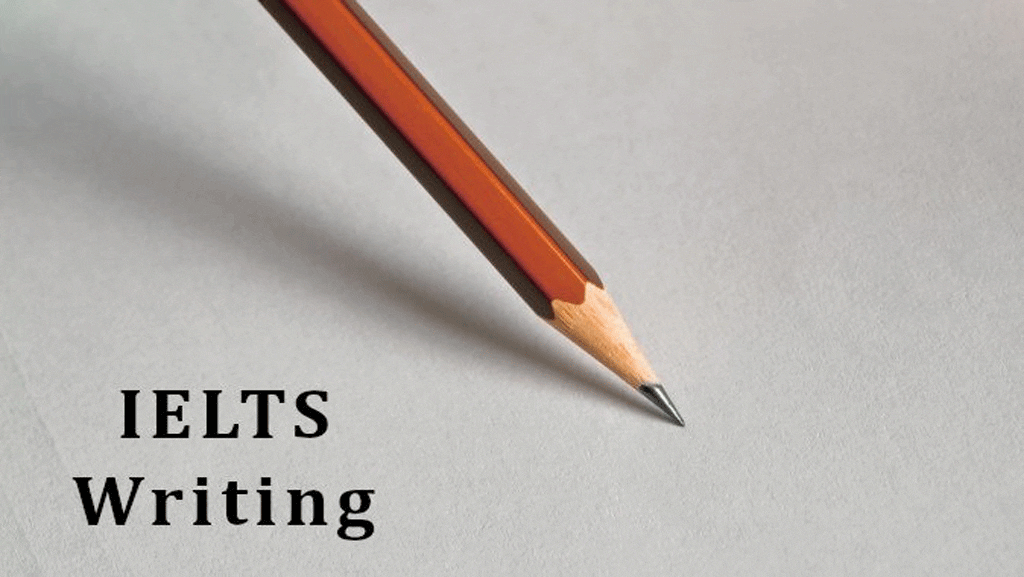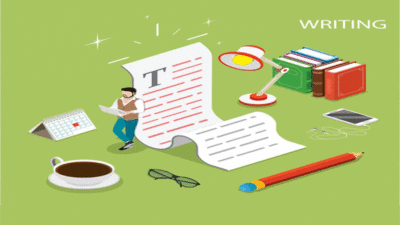7 Tips on IELTS Writing
We are going to teach you 7 tips on IELTS writing, the most difficult skill in any language. We have already had a glance at the other three language skills, listening, reading and speaking. And, we have also discussed the ingredients such as coherence, grammar and vocabulary required to be mixed in right amount and way to have a excellent cuisine, writing, at the end of IELTS cooking con~test. Based on the IELTS test, general or academic, you want to do, you will face a different task. So, let’s take a look at the composition of writing part in IELTS first:
Similarities between General and Academic test
There are two sections in this test lasting 60 minutes. The length of Task 1 and Task 2 is 150 words and 250 words respectively, and Task 2 is worth double which means that the score given to it is twice as high as Task 1. Task 2 requires you to write an essay and is similar in the both test formats.
General IELTS writing test
Writing Task 1:
You will be given the opportunity to write a letter requesting information or explaining a situation. The letter may be personal, neutral, or formal, so you must differentiate between formal and informal writing, remember!
Writing Task 2:
You will be asked to write an essay in response to a point of view, argument, or problem. More than Task 1, it affects the writing score as mentioned above.
Note that most topics are of public interests.
Academic IELTS writing test
Writing Task 1:
In Task 1, you will be given tables, charts and diagrams, and asked to summarize and report the information in them. You are usually asked to compare data or describe the steps of a process or mechanism, or an object or machine.
Writing Task 2:
In Task 2, you will be asked to write an assay in response to a comment, argument, or problem similar to General IELTS. Task 2 is twice as effective as Task 1 in scoring as said.
The point to keep in mind is that the topics of interest to the public are easy to understand and are perfectly suited to candidates entering undergraduate and graduate courses.
7 tips on IELTS Writing

- Pay attention to the minimum word limit. If you write fewer than 150 words for Task 1 and fewer than 250 words for Task 2, you will lose the score.
- Be careful to use your own words because examiner will not count the words copied from the question, and you will not be scored for those.
- First start with task 2 and spend 40 minutes on it including 5 minutes for planning, 30 minutes for writing, and 5 minutes for revising. The more score, the more priority.
- Write both of your answers, Task 1 and 2, according to the instruction in the questions. Make yourself ready not to surprise when reading the instructions. All the instructions in writing questions have to be followed as one of the IELTS marking criteria is task achievement meaning how the instructions are carried out.
- Make a plan for your writing. First, brain storm what you think can help you answer the questions; then remove irrelevant ideas ruthlessly; after that keep the two most relevant ones as you want found your introductory and body paragraphs on. You have to have some examples in mind to support the ideas, and sometimes you need two or more objections against the argument you are going to develop to use as counter arguments.
- Structure your ideas in paragraphs including introduction, body and conclusion to show the examiner that you are able to organize main, controlling and supporting points as easy as to be followed.
- Leave some time to revise and recheck your sentences in terms of coherence, word range and grammar. Avoid writing too long sentences in the IELTS writing test. If the sentences are too long, they will be less cohesive and perhaps grammatically incorrect.
What was said:
In this article, we’ve covered some tips on writing IELTS writing and presented the IELTS test format. To read more, you can take a look at Cambridge site


 فارسی
فارسی
